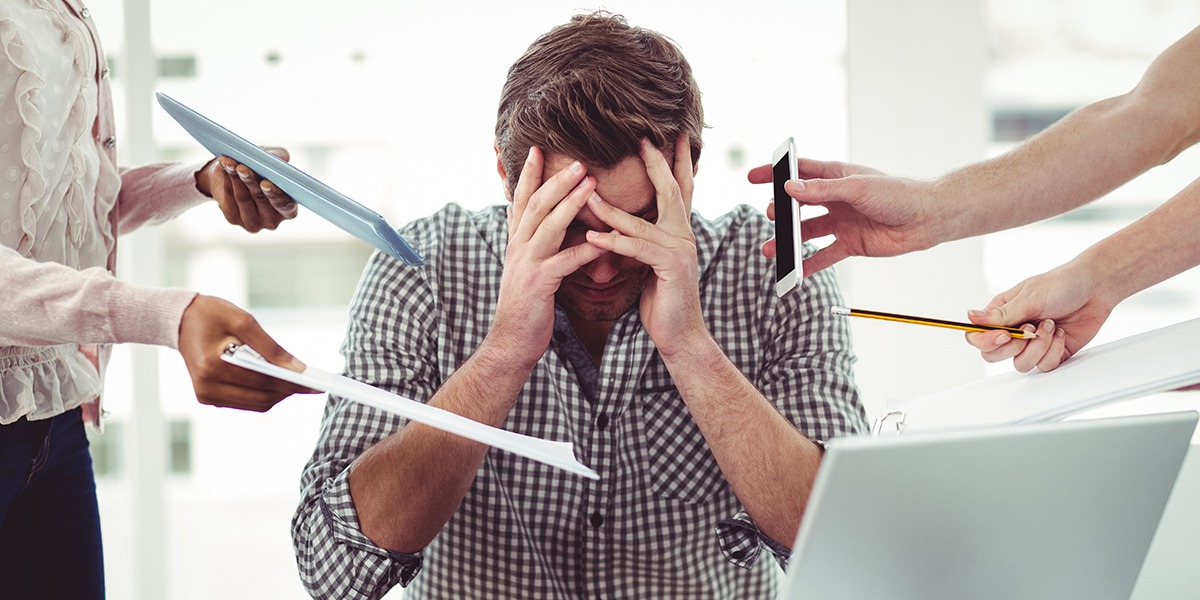In a society that often expects men to be stoic and unshakable, the notion of “men never stress” can prevail. However, the reality is that men, like anyone else, experience stress and anxiety. In this article, we’ll explore the concept of building mental toughness to tackle life’s challenges while addressing the prevalent issue of male
In a society that often expects men to be stoic and unshakable, the notion of “men never stress” can prevail. However, the reality is that men, like anyone else, experience stress and anxiety. In this article, we’ll explore the concept of building mental toughness to tackle life’s challenges while addressing the prevalent issue of male anxiety in relationships.
Understanding Male Anxiety in Relationships
Male anxiety in relationships is a common phenomenon that can stem from various sources, including work pressures, financial concerns, and societal expectations. Men may feel pressured to uphold a certain image of strength and composure, leading to internalized stress and anxiety. This can manifest in various ways, such as irritability, withdrawal, or difficulty expressing emotions.
Breaking the Stigma: Men and Mental Health
Despite progress in breaking down mental health stigmas, there remains a pervasive belief that men should suppress their emotions and “tough it out.” This stigma can prevent men from seeking help or opening up about their struggles, exacerbating feelings of isolation and inadequacy. It’s crucial to challenge these stereotypes and encourage men to prioritize their mental well-being.

Image by: Yandex
Signs of Male Stress and Anxiety
Recognizing the signs of stress and anxiety in men is essential for early intervention and support. Some common signs include irritability, mood swings, changes in sleep patterns, loss of interest in activities, and physical symptoms such as headaches or digestive issues. By acknowledging these signs, men can take proactive steps to address their mental health.
Building Mental Toughness: Strategies for Men
Building mental toughness involves developing resilience and coping skills to navigate life’s challenges effectively. Some strategies for men include:
- Mindfulness and Meditation: Practicing mindfulness can help men become more aware of their thoughts and emotions, allowing them to manage stressors with greater clarity and calmness.
- Physical Exercise: Regular exercise not only improves physical health but also enhances mood and reduces stress levels. Engaging in activities such as running, weightlifting, or yoga can provide an outlet for pent-up tension.
- Seeking Support: It’s essential for men to cultivate a support network of friends, family, or mental health professionals whom they can turn to for guidance and encouragement.
- Healthy Communication: Men should prioritize open and honest communication in their relationships, expressing their feelings and concerns without fear of judgment or rejection.
- Setting Boundaries: Establishing healthy boundaries is crucial for maintaining emotional well-being. Men should learn to say no to excessive demands and prioritize self-care.
- Self-Reflection: Taking time for self-reflection allows men to identify their triggers and coping mechanisms, enabling them to make positive changes in their lives.
Overcoming Male Anxiety in Relationships
In romantic relationships, male anxiety can present unique challenges, affecting communication, intimacy, and overall relationship satisfaction. It’s essential for men to communicate openly with their partners about their feelings and needs, fostering trust and understanding. Couples therapy can also be beneficial in addressing relationship dynamics and building stronger connections.

Image by: Yandex
FAQs about Male Stress and Anxiety
Q: Do men experience stress and anxiety differently from women?
While the core experience of stress and anxiety may be similar across genders, societal expectations and gender norms can influence how men and women express and cope with these emotions. Men may feel pressure to appear strong and stoic, leading them to internalize their stress and anxiety rather than seek help.
Q: How can I support my male partner who is experiencing anxiety?
Supporting a male partner experiencing anxiety involves creating a safe and non-judgmental space for them to express their feelings. Encourage open communication, validate their emotions, and offer practical support. Encouraging them to seek professional help if needed and showing patience and understanding can also make a significant difference.
Q: What are some healthy coping mechanisms for men to manage stress?
Healthy coping mechanisms for men include engaging in physical exercise, practicing mindfulness and meditation, seeking social support, setting boundaries, and engaging in hobbies or activities that bring joy and relaxation. Encouraging open communication and seeking professional help when necessary are also vital aspects of managing stress effectively.
Q: Is it common for men to struggle with expressing their emotions?
Yes, it’s common for men to struggle with expressing their emotions due to societal expectations that discourage vulnerability and emotional expression. However, it’s essential to recognize that expressing emotions is a sign of strength, not weakness. Encouraging men to cultivate emotional intelligence and seek support when needed can help overcome these challenges.
Q: What role do societal expectations play in male stress and anxiety?
Societal expectations play a significant role in male stress and anxiety by perpetuating stereotypes about masculinity and strength. Men may feel pressured to conform to these expectations, leading to feelings of inadequacy and shame when they experience stress or anxiety. Challenging these stereotypes and promoting mental health awareness can help reduce stigma and support men in seeking help when needed.
Conclusion
The notion that “men never stress” is a harmful stereotype that undermines men’s mental health and well-being. By acknowledging and addressing male stress and anxiety, men can cultivate mental toughness and resilience to navigate life’s challenges effectively. It’s essential to challenge societal expectations and promote open dialogue about men’s mental health, ensuring that all individuals feel empowered to prioritize their emotional well-being.
















